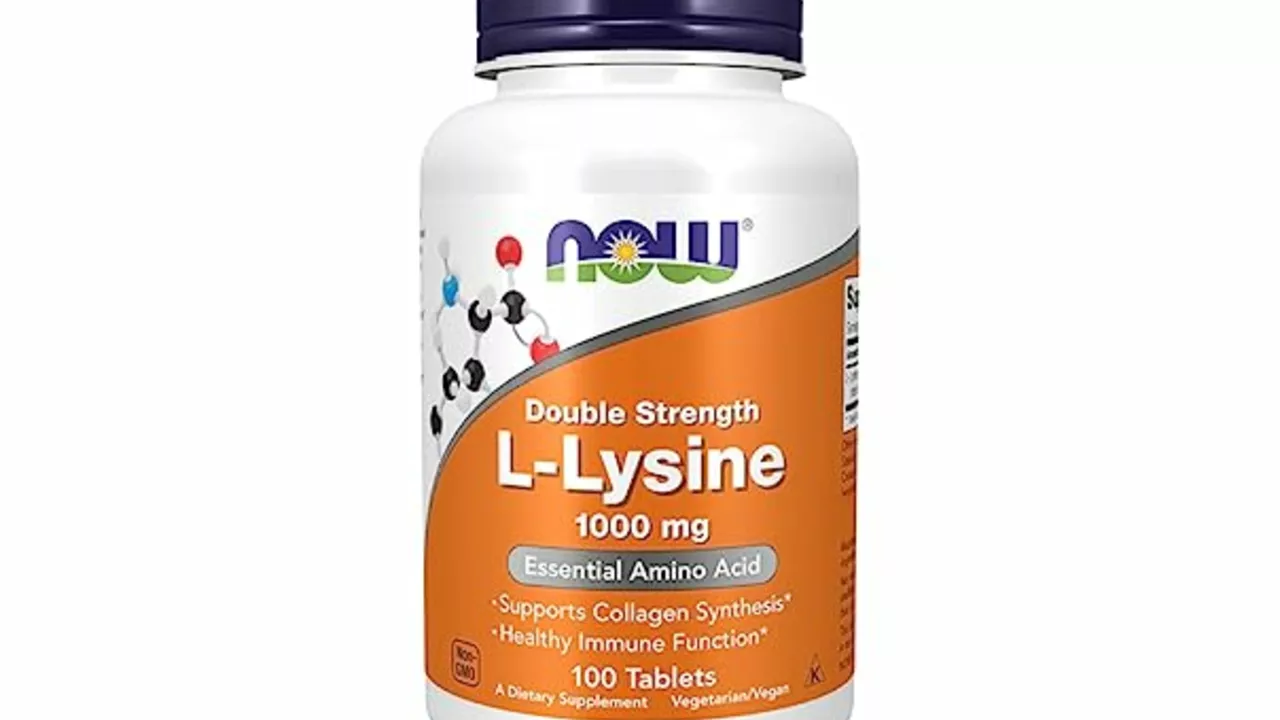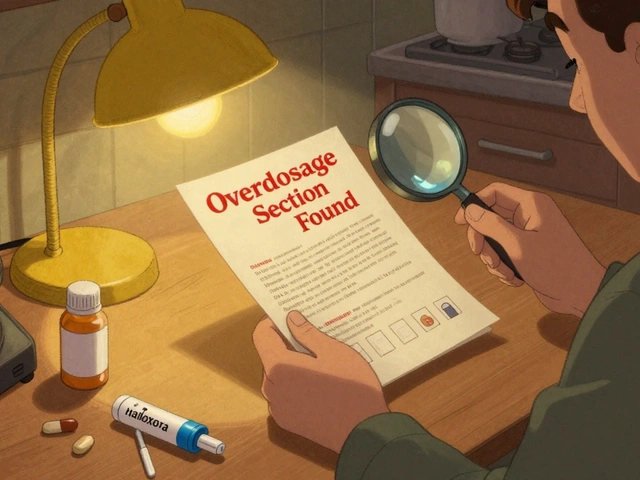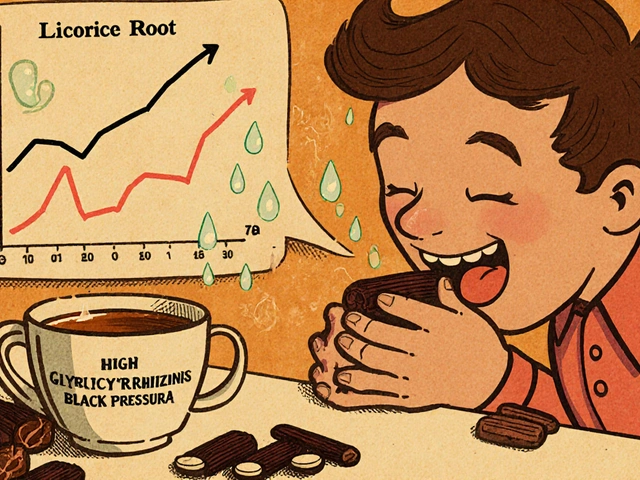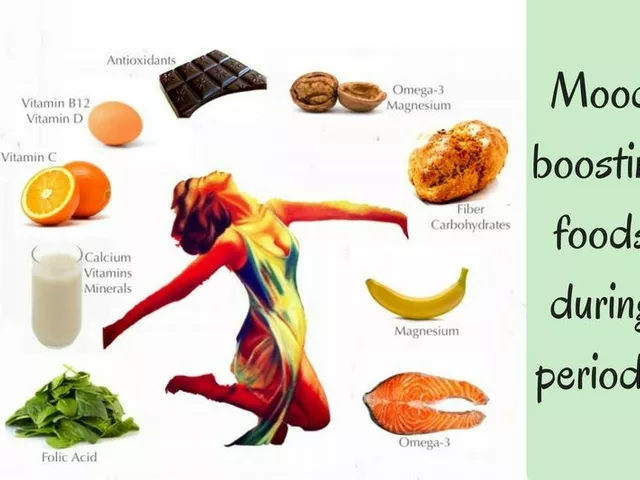Gamma-aminobutyric acid (GABA): how it works and what to know
GABA is the brain’s main inhibitory neurotransmitter. Think of it as the brake pedal: when GABA signals are strong, nerve firing calms down. That helps lower anxiety, ease muscle tension, and promote sleep. Problems with GABA signaling show up as anxiety, insomnia, twitching or, in severe cases, seizures.
Can GABA supplements help?
People buy GABA supplements hoping for quick calm or better sleep. The hard truth: oral GABA has mixed evidence. A few small clinical trials report modest improvements in sleep and anxiety at doses around 300–800 mg, but larger studies are lacking. One reason is the blood–brain barrier — GABA taken by mouth may not reach the brain in large amounts. Still, some users feel relaxed, possibly because GABA acts in the gut or triggers vagus nerve activity.
If you try a supplement, start low (250–300 mg) and watch how you feel. Take it in the evening for sleep or before stressful events for anxiety. Don’t expect instant or dramatic effects; any benefit tends to be mild. Ask your pharmacist if the product lists third-party testing for purity — that’s worth checking.
Practical tips and safety
Want to boost GABA without pills? Simple habits help: regular exercise, consistent sleep, and short daily breathing or meditation sessions increase GABA tone. Foods won’t replace medication, but fermented foods (yogurt, kimchi), green tea (L-theanine), and complex carbs can support balance.
Watch for interactions. GABA supplements add to central nervous system (CNS) calming. Combining them with benzodiazepines, barbiturates, gabapentin, pregabalin, opioids, or heavy alcohol can cause excess drowsiness or breathing problems. Also avoid starting GABA before surgery. Pregnant or breastfeeding people and children should skip GABA supplements unless a clinician advises otherwise.
Side effects are usually mild: sleepiness, stomach upset, or headache. If you feel dizzy, confused, or unusually sedated, stop and contact a healthcare provider. If you have epilepsy, bipolar disorder, or severe liver disease, talk to your specialist first — medications and conditions that affect brain excitability can interact in unexpected ways.
Want to treat anxiety or sleep problems effectively? Don’t rely solely on over-the-counter GABA. Evidence-based options include cognitive behavioral therapy for insomnia (CBT-I), talk therapy, and prescribed medications when needed. If your symptoms are disrupting daily life, check in with a clinician who can evaluate causes and recommend tests, therapy, or safe medication choices.
Bottom line: GABA is a key calming brain chemical. Supplements may help a bit for some people, but lifestyle changes and medical advice are safer and often more effective. If you try GABA, start low, avoid mixing with strong sedatives or alcohol, and talk to your healthcare provider if you’re on other meds or have a serious health condition.

Boost Your Cognitive Function with the Power of Gamma-aminobutyric Acid
In my latest blog post, I delve into how gamma-aminobutyric acid, or GABA, can enhance cognitive function. GABA is an important neurotransmitter that helps to reduce anxiety, improve mood, and promote restful sleep, all of which indirectly contribute to better cognitive health. It also plays a direct role in our brain's cognitive processes, such as memory and concentration. Incorporating GABA-rich foods or supplements into your diet can potentially offer a natural way to boost brain power. So, if you're keen on improving your mental acuity, don't miss this informative read.
Read More




